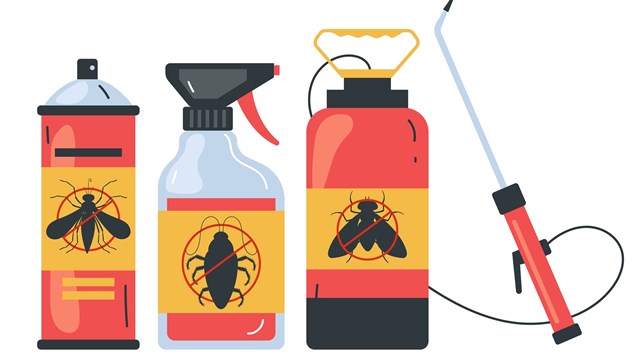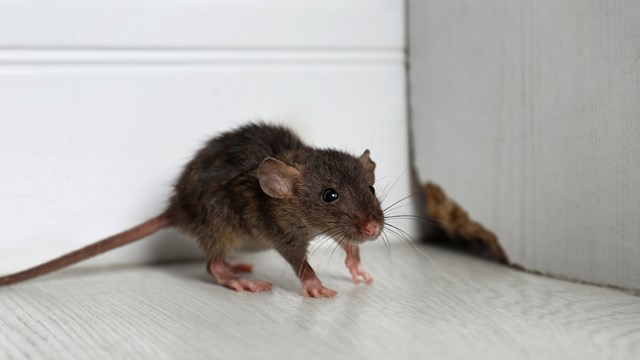So my questions are:
1.Who is legally responsible to foot the cost?
2. As the shareholder still resides here and their apartment is still fully furnished, in my point of view it will be very difficult to treat this apartment correctly. What is the legal route to take here? Can the board force the shareholder to move their belongings out to a fumigation holding facility, and who pays for that?
3. The building does not have full control (yet they are paying) over how extensive a treatment is given as the shareholder lives there and they are making decisions and choices as what to throw away and what to keep etc. What is the legal standpoint here?
-Frustrated Super
“Recent Housing Court and Civil Court cases have relied on these statutes in holding landlords responsible for failing to properly address bedbug infestations by giving an abatement or awarding damages for property loss that is the direct result of a landlord’s failure to properly address a bedbug infestation. Further, in October 2009, the New York City Department of Housing Preservation and Development (“HPD”) issued a memorandum to the managing agents, site managers and boards of directors of cooperatives under its supervision. Pursuant to the memorandum, HPD requires cooperatives to assume the responsibility for eliminating bedbug infestations. Therefore, considering the current landscape, all landlords should assume responsibility for exterminating bedbugs in their buildings, including infestations in cooperators’ apartments.
“If after successive bedbug treatments an exterminator is unable to completely eradicate the bedbugs in a particular apartment, it is important to determine why the extermination treatments have failed. This may require an affidavit from the exterminator treating the apartment and possibly an affidavit from an independent expert. If treatment does not work because the cooperator failed to properly prepare the apartment according to the exterminator’s instructions or because the cooperator failed to dispose of infested belongings pursuant to the exterminator’s directives, the cooperative would have a basis for charging the continuing extermination costs to the cooperator. The cooperative could then commence an action against the offending cooperator to recover these fees, provided the cooperative can obtain convincing evidence that the additional extermination costs are due to the cooperator’s conduct.
“In dealing with a non-compliant cooperator, it is important to work with the cooperative’s attorneys, who will be familiar with the cooperative’s governing documents and current case law, in order to develop an appropriate strategy.”










7 Comments
Leave a Comment